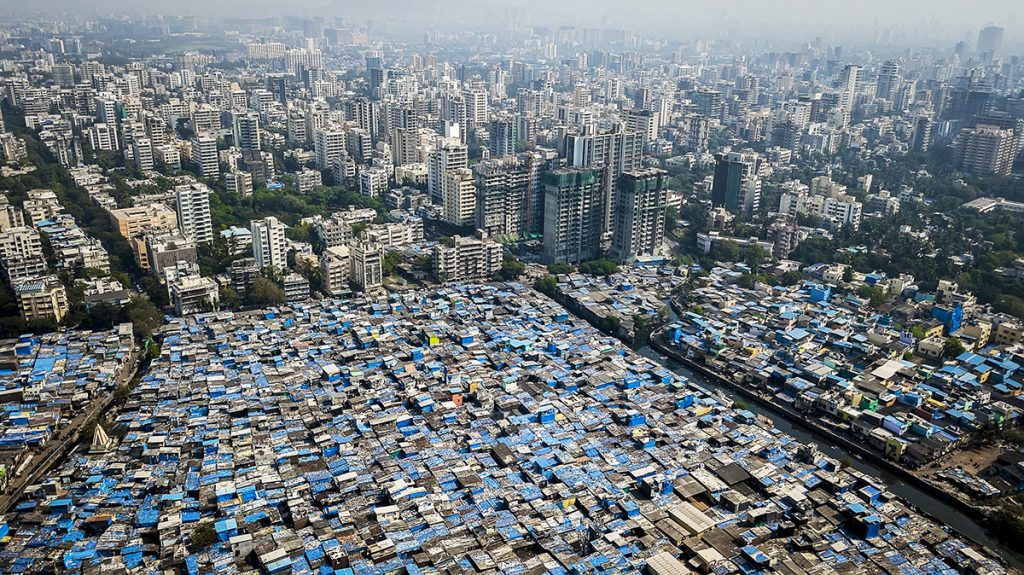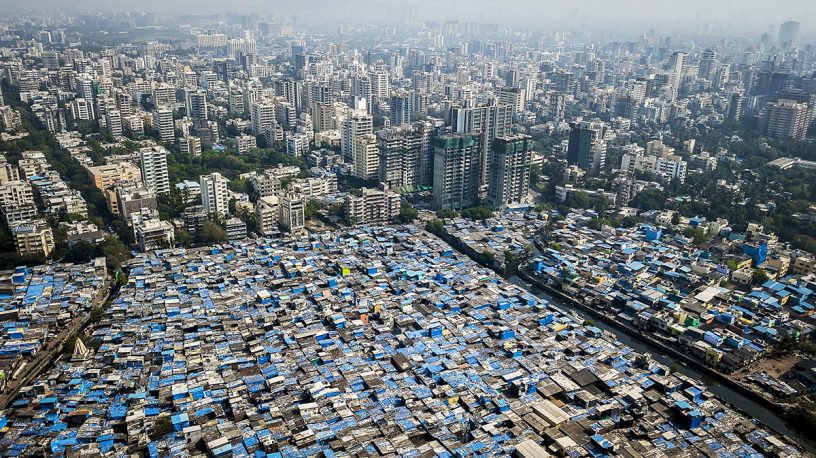
This paper attempts to answer the question of whether or not the billions of people who still live on less than $1 a day are sharing in the benefits of greater integration among economies.
Author
Ashish Bharadwaj, International Max Planck Research School for Competition and Innovation, Munich Centre for Innovation and Entrepreneurship Research, Marstallplatz 1, 80539 Munich, Germany. (Currently, Professor & Dean, Jindal School of Banking & Finance)
Summary
Global circulation of goods, services and capital, along with exchange of information, ideas and people can safely be referred to as ‘Globalization’. It has become an increasingly visible force in recent decades that has shaped nearly the entire second half of the 20th century. Although there are many factors that have spurred, and in turn have been reinforced by, globalization, two have played a particularly important role in contributing to its accelerating pace in the 1980s and 1990s (World Bank, 2000).
The first is technical progress especially in information technology, international communication and global transportation. Not only goods but also services and knowledge can flow much more easily because of innovations such as the Internet.
The second major development is the shift in policy orientation as governments everywhere have reduced barriers that had curbed the development of domestic markets and their links to the international economy. Openness to international trade accelerates development (Dollar& Kraay, 2004). This is one of the most widely held beliefs in the economics profession, one of the few things on which Nobel prize winners of the both the left and the right agree.
Trade promotes growth through a number of channels such as technology transfers, scale economies, and comparative advantage (Yanikkaya, 2003). As is common in most contentious public debates, different people mean different things by globalization. Some interpret it to mean the global reach of new technology and capital movements, some refer to outsourcing by domestic companies in rich countries, others protest against the tentacles of corporate capitalism or the US (economic, military, or cultural) hegemony.
The first part of the paper summarizes the channels and transmission mechanisms, such as greater openness to trade and foreign investment, through which the process of globalization could affect poverty in the developing world. Using a panel data of 35 developing countries from 1990 to 2004 an empirical examination is carried out of the impact of real and financial integration on the head count ratio and poverty gap. Results suggest that, on an aggregate level, capital flows via FDI have had an adverse effect and real trade-induced income growth had a favorable effect on the incidence of poverty.
On the other hand, a policy of excessive openness to external trade without complementary support mechanisms was found to be negatively related to the depth of poverty in developing countries.
Published in: Advances in Economics and Business 2(1): 42-57, 2014
To read the full article, please click here


